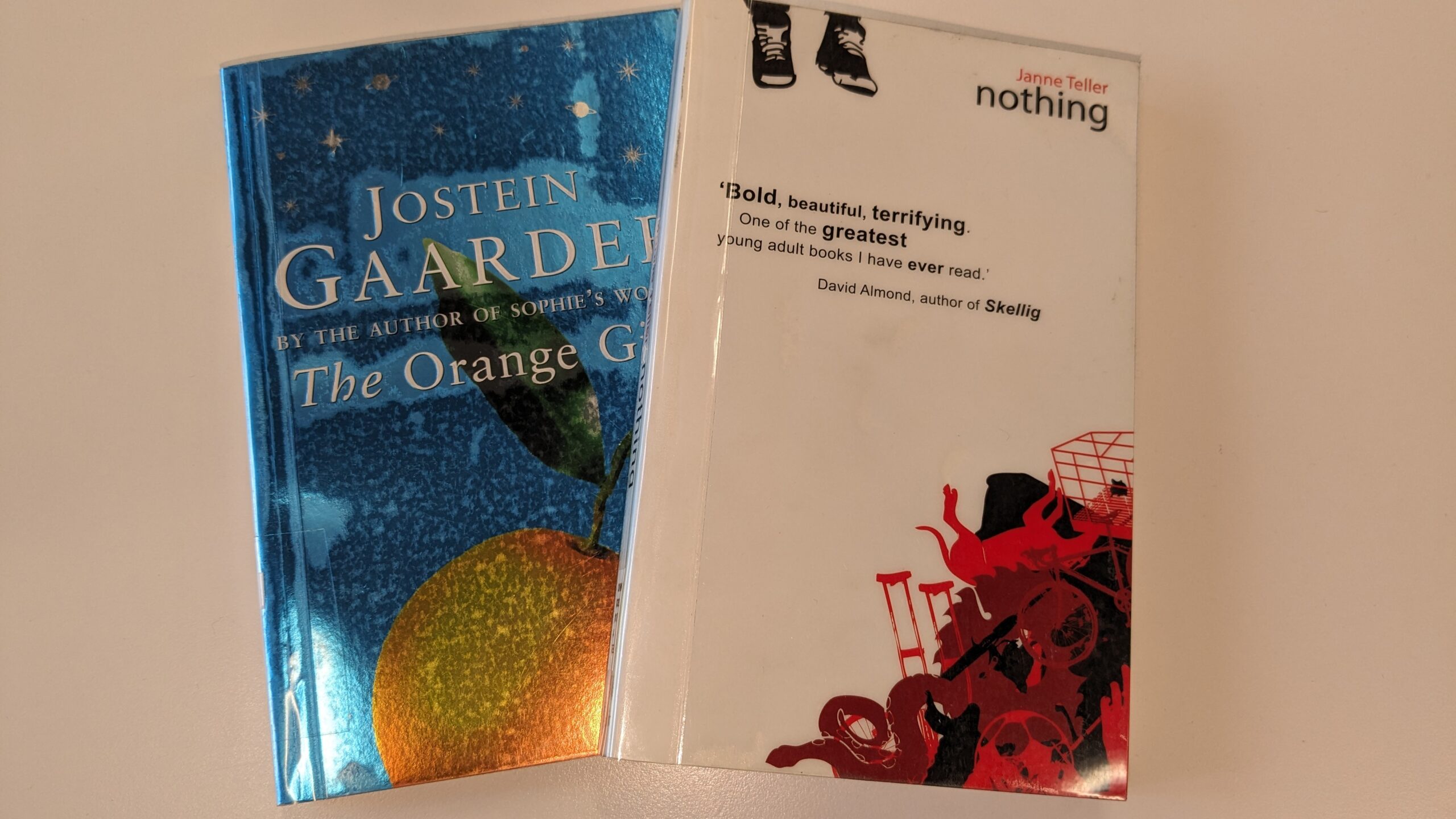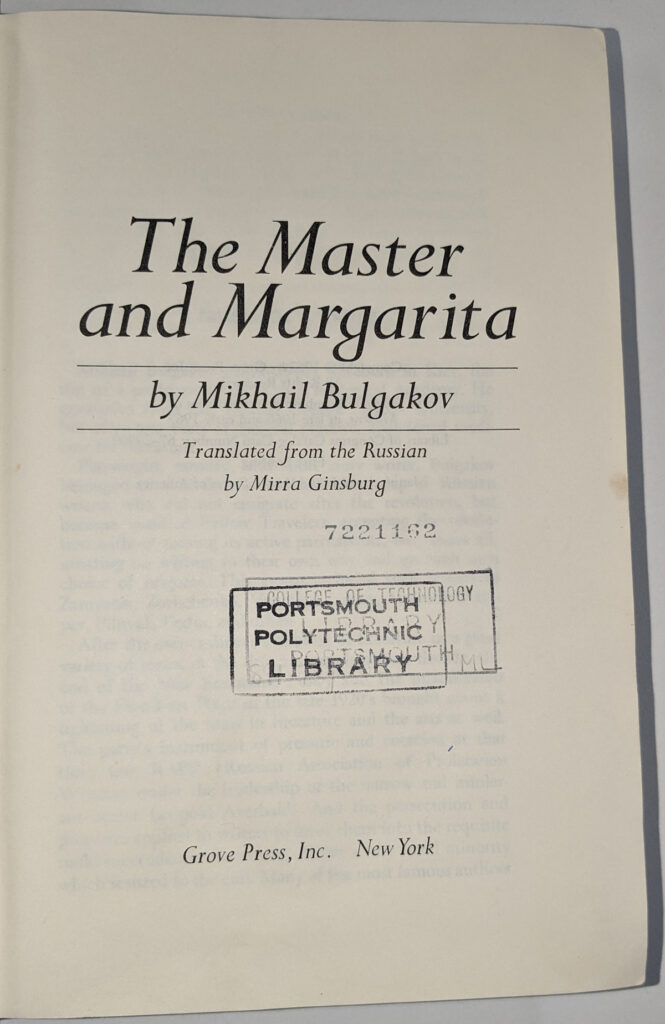Five international books to read before you die

Celebrating World Book Day today, I wanted to introduce you to some of our favourite global books in translation that may well change your view of the world. They take us on a journey from the artworks of feudal Japan to the mysteries of philosophy and from the worldview of a man in self-imposed social exile to a fantastical parody of pre-war Soviet society and a poignant view of the arrival of British colonialism in Africa from the perspective of those who were affected.
Enjoy the following – all available in your Library! Check the World Book Day display in the Atrium for these and more international titles in translation.
1. Manga: the pre-history of Japanese comics
Manga has had a profound influence on the world, developing from 17th century Japanese art forms and developing them into a modern graphic novel format in the Meiji Period of the late 19th and early 20th century, and giving rise to its animated counterpart, anime. This heavily illustrated work is a visual treat, walking the reader through a pictorial history of the world. A great resource for graphic designers and comic book artists this book will also lovers of traditional Japanese art by such well-known ukiyo-e artists as Kuniyoshi Utagawa, Hokusai Katsushika and Yoshitoshi Tsukioka.
2. Sophie’s world
Combining a curious mystery story revolving around a fourteen year old girl and her mentor who introduces her to a range of philosophies that they use to begin to unravel the mysteries of existence, make sense of the deepening mysteries in Sophie’s life and the postcards she continues to receive addressed to another girl, and finally escape into the world at large.
3. The metamorphosis
Franz Kafka was an odd fellow, to be sure, and this is one of his most famous works. Here, Kafka tells the tale of Gregor Sampson, who awoke one morning to discover he had been transformed into a giant cockroach. In an exploration of self-loathing and human miscommunication, Kafka tells a tale that speaks of the frustrated need for human connection and genuine warmth.
4. The master and Margarita
A comic parody of life in 1930s Soviet Russia that was so accurate it was censored completely in the Soviet Union for 30 years and spoke so completely to people’s lived experiences that its language entered into common Russian speech when it was eventually published. Enter a bizarre cast of the Devil, a beautiful naked witch and a huge black cat with a predilection for drinking vodka and playing chess who work together to create mayhem in a categorically atheist city in a tale that weaves philosophy, humour and daring imagination. Out of all the chaos that ensues, only two people seem to benefit: the Master, ostracised for writing a religious novel, and Margarita, who loves him so much she willingly sacrifices herself to save him.
5. Things fall apart
The first novel ever published in the West by a Black African author and nearly lost by its publisher, Achebe describes the dreadful impact of British imperialism from the perspective of the African natives. The arrival of British overseers sees the delicate balance of African village life upset as new religions, sanctions and ideas are ruthlessly promoted and society divided between those who flock to the white invaders and commit atrocities under their protection and those who struggle to maintain their identity even as it is steadily erased. Achebe wrote several novels available in the Library, including Arrow of God, No longer at ease, and Anthills of the Savannah.









Leave a Comment (note: all comments are moderated)